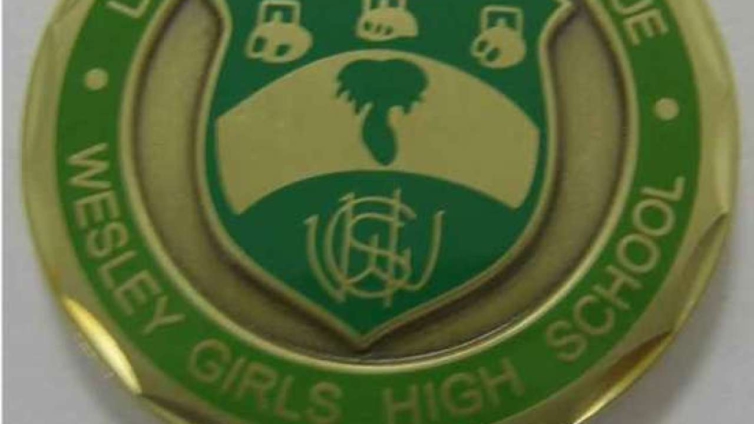Private legal practitioner Shafic Osman has filed an action against Wesley Girls Senior High School challenging the school's alleged religious discrimination faced by Muslim students at the institution.
The action invokes the original jurisdiction of the Supreme Court under Articles 2(1)(b) and 130(1)(a) of the 1992 Constitution.
Shafic Osman is seeking several declarations and orders against the Board of Governors of Wesley Girls’ Senior High School, the Ghana Education Service (GES), and the Attorney General, citing violations of constitutional rights of Muslim students in the school.
The reliefs sought aim to challenge policies that allegedly restrict the religious practices of Muslim students and compel adherence to Methodist practices.
The suit is asking the Supreme Court to declare that the school’s policy prohibiting Muslim students from practising and observing their faith violates Articles 12, 17(1) and (2), 21(1)(b), (c), (e), and 26 of the 1992 Constitution, as well as international human rights laws under Article 33(5).
It also seeks a declaration that requiring students to partake in a compulsory school religion contravenes Articles 21(1)(b), (c), and Article 26 of the Constitution.
The plaintiff argues that prohibiting Muslim students from exercising their religious rights is discriminatory and violates Article 17(2) of the Constitution.
The suit asserts that the restrictions imposed on Muslim students undermine their welfare, contravening international child rights recognized under Article 33(5) of the Constitution.
The plaintiff claims that the Ghana Education Service has unlawfully enabled Wesley Girls’ SHS to impose a common religious program, violating Article 56 of the Constitution.
The lawsuit calls for an immediate end to the contested policies and an order directing the GES to develop constitutionally compliant guidelines for regulating religious practice in public schools.
Wesley Girls’ Senior High School, a prestigious Methodist institution, has faced criticism in recent years for policies perceived as restrictive towards students of non-Christian faiths.
The Ghana Education Service had previously intervened in similar disputes, calling for religious tolerance in public schools.
This case brings to light the broader question of balancing institutional traditions with Ghana’s constitutional mandate for inclusivity and respect for diverse beliefs.
The public eagerly awaits the Supreme Court’s judgment, which will undoubtedly have far-reaching implications for Ghana’s democratic principles and human rights landscape.
Latest Stories
-
Parliament approves new GH¢1 fuel levy after minority walkout
2 hours -
Tesla executives questioned Musk after he denied killing $25,000 EV project, sources say
3 hours -
Oreo maker sues Aldi in US over ‘copycat’ packaging
3 hours -
US steel and aluminium tariffs doubled to 50%
3 hours -
Ghana’s legal education debate: Are we expecting too much too soon?
3 hours -
Alcaraz storms through to semi-final with Musetti
4 hours -
Black Queens wrap up Abidjan training tour with defeat to Côte d’Ivoire
4 hours -
Inzaghi leaves Inter Milan ‘by mutual agreement’
4 hours -
‘Man Utd didn’t need the money’ – Fernandes rejects Al-Hilal move
4 hours -
Cybercrime ringleader, 10 others remanded in custody
4 hours -
Gov’t to expand student loans to all tertiary institutions – Education Minister
4 hours -
WaterAid Ghana, Guinness Ghana commission water project in Upper West Region
4 hours -
Energy levy: ‘You can’t continue pouring water into a leaking bucket’ – COPEC warns
4 hours -
Rising Star: Yvonne Dadson’s groundbreaking research earns international recognition
4 hours -
Suicide bomber killed in Uganda on Christian holy day, army says
4 hours

